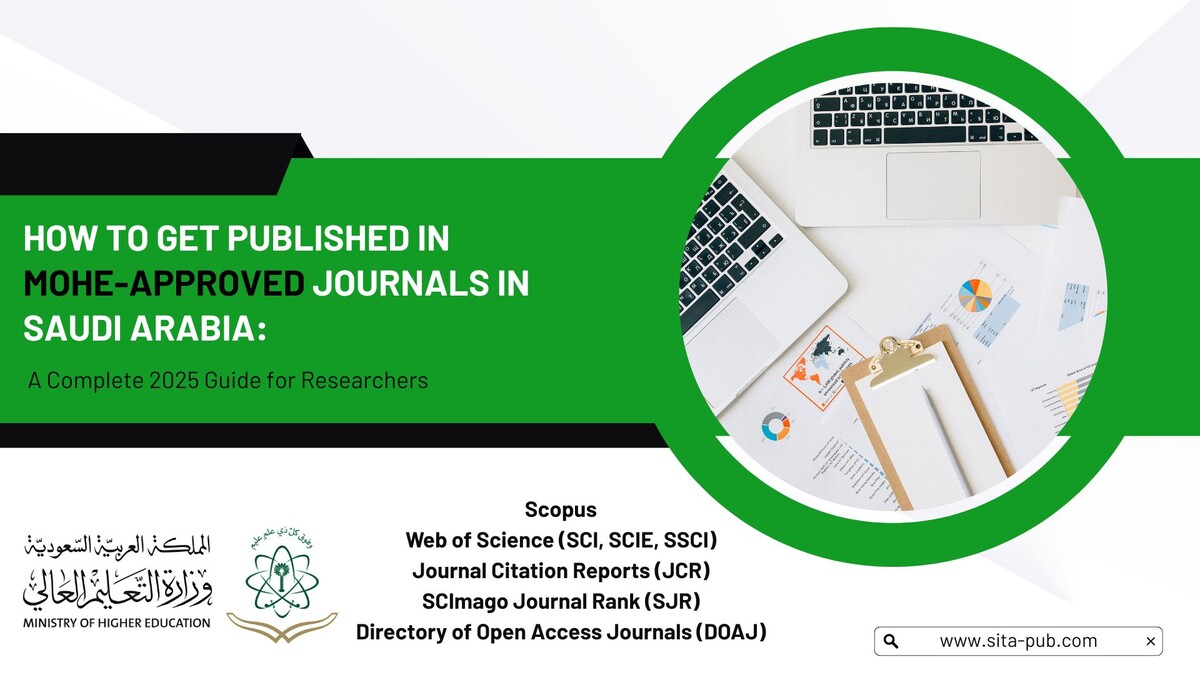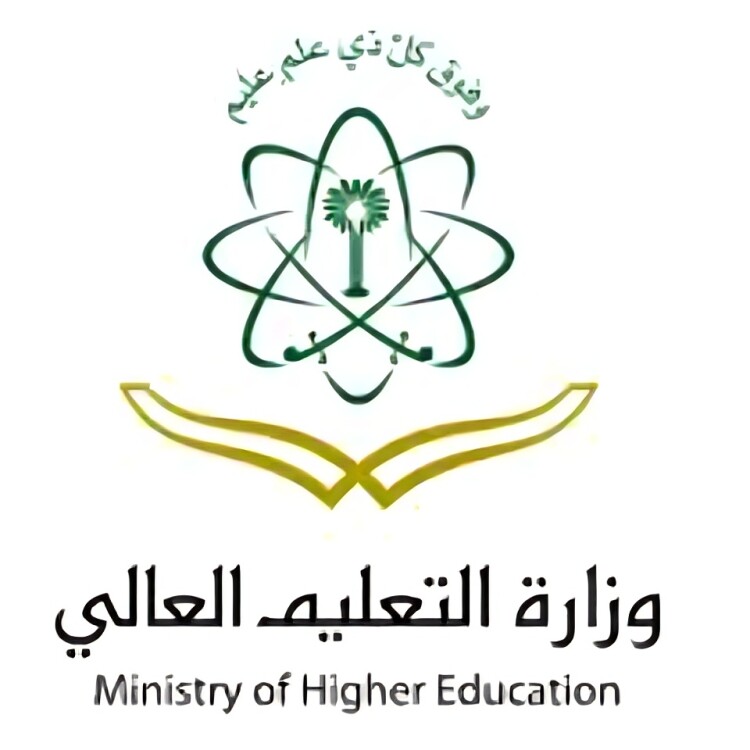How to Get Published in MOHE-Approved Journals in Saudi Arabia: A Complete 2025 Guide for Researchers


If you're a researcher or academic working in Saudi Arabia, you’ve likely heard the term "MOHE-approved journals." These journals are essential for advancing your academic career, whether you're applying for a promotion, completing a thesis, or seeking research funding. But what exactly are MOHE-approved journals, and how can you ensure you're publishing in the right one?
This comprehensive guide breaks down what it means for a journal to be MOHE-approved, the standards these journals must meet, and how you can select the right journal for your research. By the end of this article, you'll understand how to navigate the academic publishing landscape in Saudi Arabia.
Table of Contents
Core Criteria for Journal Approval
Indexing in Trusted Databases
Editorial Quality and Peer Review
Consistent Publication History
Ethical Publishing Standards
The Long-Term Benefits of Publishing in MOHE-Approved Journals
MOHE stands for the Ministry of Higher Education, which has now become part of Saudi Arabia’s Ministry of Education. When a journal is described as "MOHE-approved," it means that the journal meets specific academic and ethical standards established by the ministry. These standards are used by universities and research institutions across the Kingdom to determine whether a publication is valid for academic promotions, postgraduate program requirements, or official research funding.
In simple terms, publishing in a MOHE-approved journal ensures your research will be recognized and respected within Saudi academic circles.

Academic recognition: Saudi universities and research organizations rely on MOHE-approved journals to assess the quality of research. If you publish in a non-approved or low-quality journal, your work might not count toward academic promotions or official recognition.
Career advancement: Whether you are aiming for a professorship or applying for a funded research project, having publications in approved journals boosts your credibility and eligibility.
International standards: MOHE-approved journals usually follow international publishing standards, which help improve the visibility and impact of your research globally.
Here are the key benchmarks a journal must meet to be recognized by MOHE and leading Saudi universities:
MOHE-approved journals are usually indexed in globally recognized databases. Indexing means the journal is listed in a database that tracks reputable academic publications. Some of the most important databases include:
Scopus
Web of Science (SCI, SCIE, SSCI)
Journal Citation Reports (JCR)
SCImago Journal Rank (SJR)
These databases are trusted by academic institutions worldwide because they only include journals that meet rigorous quality and peer-review standards.
Approved journals should have a strong editorial team composed of recognized academics, often professors and researchers with significant experience. They should also follow a double-blind or peer-review process, where other experts in the field evaluate submissions for quality, originality, and accuracy.
The journal must publish regularly—typically at least two issues per year—for at least two years. It should have a consistent schedule and must have valid International Standard Serial Numbers (ISSN) for both print and online versions.
The journal must follow ethical publishing guidelines, such as:
Transparency in editorial decisions
No plagiarism or unethical citations
No hidden publishing charges or manipulative practices

Not all approved journals are in English. There are also Arabic-language journals that meet MOHE criteria, especially those focusing on Islamic studies, Arabic literature, education, and regional studies. However, they must meet additional conditions:
Be published by a recognized Saudi university or scientific body
Be listed in the Directory of Open Access Journals (DOAJ)
Have clear peer-review policies
Feature an editorial board with senior academic members (e.g., associate professors or higher)
Be academically relevant to the research field of the author
While MOHE sets general guidelines, each university in Saudi Arabia might have its own list of approved journals or internal rules for recognizing publications. Here are examples:
Imam Abdulrahman Bin Faisal University: Maintains a specific list of accepted journals used for faculty promotion and academic evaluation.
Princess Nourah bint Abdulrahman University (PNU): Follows similar rules but adds emphasis on ethical publication practices and discourages publication in low-impact journals.
Prince Mohammad Bin Fahd University: Accepts journals indexed in Web of Science and Scopus, and those ranked in systems like ERA (Australia) or ABS (UK).
Before submitting your paper, always consult your university’s scientific council or research office to make sure your target journal is acceptable.
MOHE and Saudi universities are strict about avoiding journals from predatory or unethical publishers. These are some red flags:
Predatory Journals: These pretend to be legitimate but charge high fees and publish papers without real peer review. You can check https://predatoryjournals.com to avoid them.
ESCI-only Journals: Journals listed only in the Emerging Sources Citation Index (ESCI) without an Impact Factor are not always accepted.
Blacklisted Publishers: Any journal operated by a publisher known for unethical practices is automatically disqualified.

Publishing in such outlets can harm your academic reputation and result in your work not being counted for promotions or grants.

Check the indexing: Visit Scopus or Web of Science and search for the journal title.
Review recent issues: Ensure they publish regularly and contain articles in your field.
Visit the journal website: Look for clear submission guidelines, editorial board names, and peer-review details.
Ask your supervisor or research advisor: Senior researchers can help you avoid risky journals and recommend credible ones.
By targeting journals that meet MOHE standards, you’re not just ticking boxes for academic promotions. You're building a research profile that can open doors to:
International collaborations
Better funding opportunities
Invitations to conferences or editorial boards
Higher citation rates and global impact
It also ensures your work contributes meaningfully to your discipline and is discoverable by others in your field.
Publishing in MOHE-approved journals is essential for researchers in Saudi Arabia. It helps ensure your work is credible, respected, and officially recognized. By understanding the approval criteria and avoiding predatory publishers, you can make informed decisions and boost your academic career.
Always consult your university’s research guidelines and seek advice from academic mentors. With the right strategy, your research can make a meaningful impact both locally and globally.